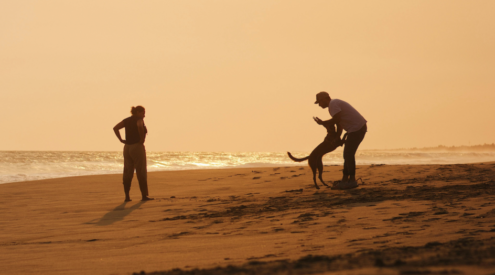Before you embark on a journey to any part of the world, you have to pack all the necessary stuff – clothes, gadgets and documents. Maybe you put in a little medication to help you kill a headache or stop a cold. You don’t really need a lot of medication, right? Travelling is all about enjoyment, not ingesting pills. But although packing medication sounds boring, it is a necessary precaution. It is much better to have some remedies nearby, just in case you get ill. With that said, here’s some medication to help ensure healthy travels in the African continent. (Once you’ve got that bit covered, check out this guide to budgeting and planning your next trip.)
1. Antimalarials
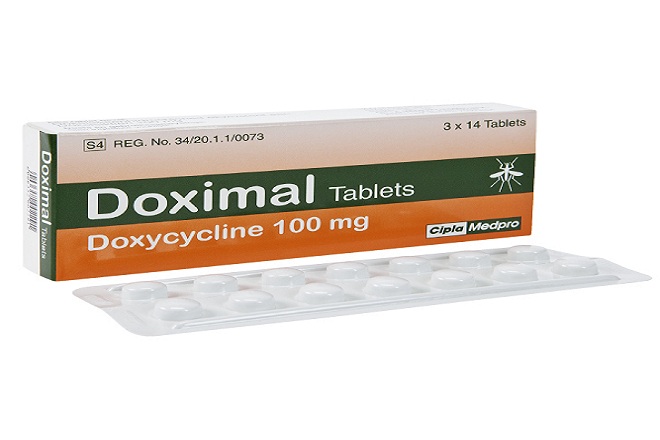
Doxycycline, an affordable antimalarial.
Malaria is a potentially fatal blood disease caused by a parasite that is transmitted to humans by Anopheles mosquitos. The disease claims over 655, 000 lives throughout the globe each year. Sub-Saharan Africa, where a child dies every from malaria every minute, accounts for 90% of the fatalities. In South Africa, areas with a high malaria risk in the country are Limpopo, Mpumalanga and north-eastern KwaZulu Natal.
With these statistics in mind, you might want to consider packing antimalarials when travelling the continent. Antimalarials are prescription drugs that treat or prevent malaria from entering the bloodstream.
The most common antimalarials are Vibramycin-D (Doxycycline), Lariam(mefloquine) and Aralen ( chloroquine). You may be required to begin taking the medication two weeks before travelling to malaria-stricken area.
2. Painkillers

Aspirin is a traveller's best friend.
Image by Roadsidepictures
Who knows what kinds of aches and pains you’ll encounter while travelling? From an old knee injury to a splitting headache, pain is one of the easiest ways to stop fun in its tracks. To prevent such things from happening, make sure you always have some aspirin, paracetemol or ibuprofen nearby.
3. Motion sickness tablets
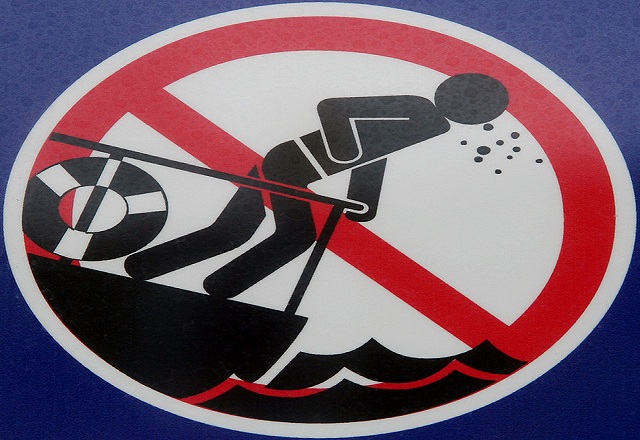
Carrying motion sickness tablets will make travelling much more enjoyable.
Photo by Leo Reynolds
Motion sickness (kinetosis) is the disturbance to the inner ear which controls equilibrium and balance caused by repeated movement. There are various kinds of motion sickness but the most common are car sickness, sea sickness and air sickness.
If you suffer from motion sickness, it is important to pack medication when travelling in Africa. Distances in African continent are formidable, and you often have to ride for long hours to get from point A to B. The roads are bumpy and rough, the airline health assistance is not that great, and getting sick on a boat off the coast of Mozambique is the last thing you need.
Motion sickness remedies like codeine (Promethazine), Marezine (Cyclizine) and Dramamine (Dimenhydrinate) are available over the counter. Pregnant women must consult with health practitioners before using motion sickness tablets.
4. Allergy treatment drugs (antihistamines)
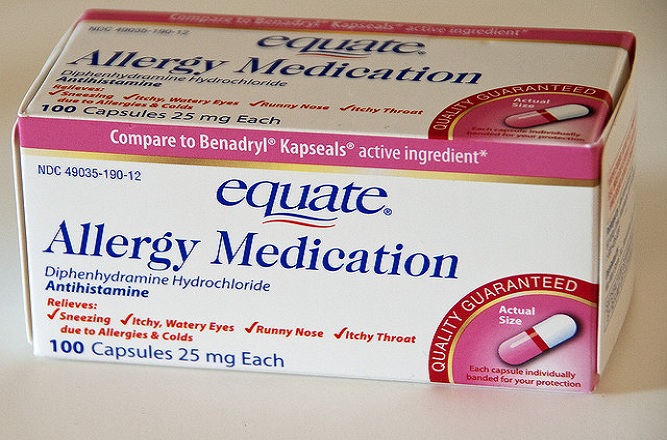
Antihistamines(allergy treatment drugs) help treat allergic reaction.
Image by Laura Gilmore
You’re in Tanzania and you eat a plate of food with ‘karanga‘ (peanuts in Swahili) in it. This triggers your violent peanut allergy instantly. Now you’re spending your holiday swollen and itchy, or seriously ill. However, if you take antihistamines (allergy treatment drugs), you could still enjoy your vacation. If you want to experience Africa to the fullest, it’s important to prepare for any allergic reaction. Antihistamines such as Allegra, Allegra Zyrtec and Claritin are available over the counter. Ginger and vinegar can also help combat mild allergic reactions.
6. Antiseptics

Antiseptics such as Dettol prevent superficial infections.
Image by Celeste Hodges
Antiseptics such as Betadine, Dettol or Savlon are a must when travelling anywhere in the world. However, in Africa, travelling without any antiseptic could be a major health risk. With overcrowded settlements, poor hygiene and bacteria circulating, an uncleaned wound or cut is the last thing you need. There is a lack of healthcare facilities in the continent so if you end up waiting for assistance, it’s much better to be able to help yourself.
8. Oral Rehydration salts
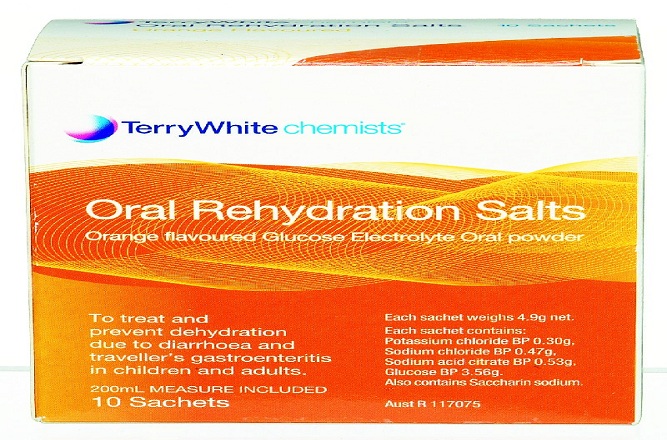
Oral rehydration salts help prevent dehydration.
Poor sanitation, lack of clean water and poor hygiene have led to the increase in cholera and diarrhoea in the African continent. In 2011, a total 589 854 cases of cholera were reported to the World Health Organisation by 58 countries from all continents and 32% them were reported from Africa. Last year, 62 people died in Sierra Leone in less than a month due to a cholera outbreak.
Diarrhoea, on the other hand, accounts for 2.2 millions deaths world with 7.78 % of them occurring in Africa. Most the people that deaths from these conditions are caused by dehydration. (For more statistics, visit the World Health Organisation website)
Based on the statistics, it is highly advisable to bring oral rehydration salts. These rehydration salts help replace lost electrocytes, sodium, glucose and potassium that people lose when they suffer from cholera or diarrhea. Oral rehydration salts sachets or tablets are available over the counter or through prescription. (Read: How to prevent traveller’s diarrhoea)
Also: they’re a great help if you find yourself grossly hungover after too much local beer.
9. Laxatives

Look, it's better to have laxatives and not need them.
You might want to taste new food or simply eat food on the go while travelling in the African continent. Some of the food might cause constipation or irritation in your belly. That is where laxatives come in and cleanse your system. Yeah, it’s not glamorous, but much better than needing them and not having anything, right? Whether in liquid, capsules or as pills, most laxatives can be purchased over the over the counter.
10. Mild Sedatives

Melatonin (mild sedative) helps combat jetlag and sleeplessness.
Photo by prizepony
Tsetse flies, mosquitos and high temperatures are some causes of sleeping problems in Africa. To help ensure undisturbed sleeping patterns, it is important to pack mild sedatives. Although sedatives like Melatonin are available over the counter, it is important to consult a health practitioner before taking them. (Read How to avoid jetlag )
11. Sun protection
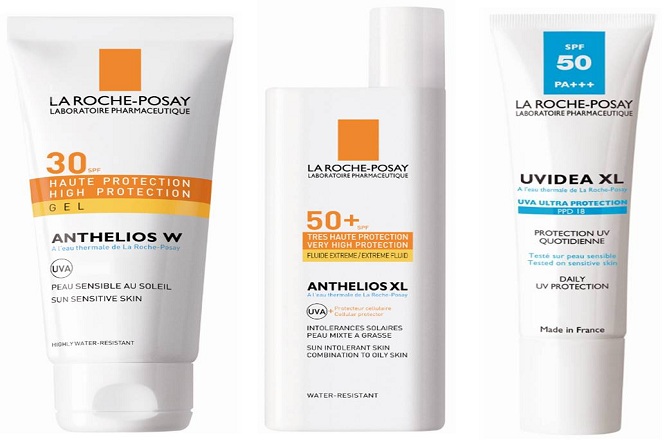
Protect your skin from the African sun with something like this.
Image from La Roche Posay
To prevent the scorching African heat from damaging your skin, its important to carry sun protection (sunscreen) with a high sun protection factor. In South Africa, the recommended sun protection factor (SPF) is 15 and above.
12. Rabies immune globulin
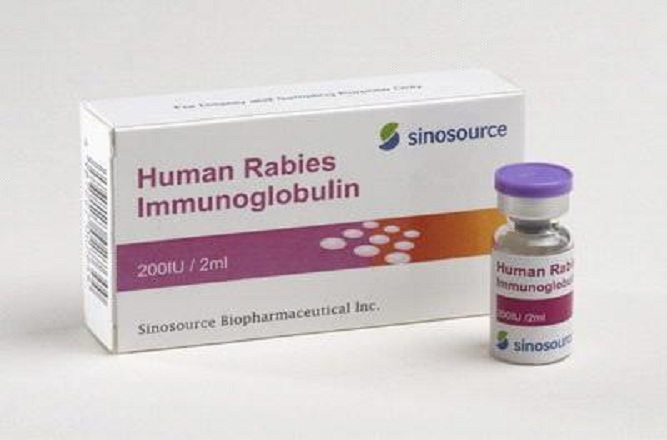
Rabies immune globulin prevents the virus from spreading in a victim's body.
Rabies is a disease caused by a virus transmitted from an animal to a human. Abnormal behaviour, severe muscle spasms and an inability to swallow are some of the symptoms associated with the disease. 55 000 people die each year die from rabies each year, and Africa and Asia account for 95% of the deaths.
In Africa, especially in the rural areas, where most rabies cases are not reported, there is a lack of mobile health services in these area. Before you visit a village in Tanzania or anywhere in the continent, make sure you pack rabies immune globulin. (For more information, visit the World Health Organisation website)
13. Antifungal treatment
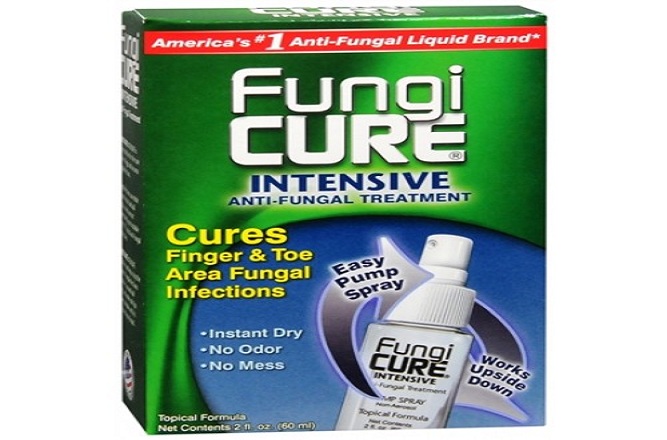
Antifungal treatment is must-have when travelling in Africa.
A fungal infection is an inflammatory condition where fungi multiply on the skin, genitals or lungs. Fungal infections such as ringworms and meningitis are quite common in West and Northern Africa. To avoid fungal infections, people travelling in the continent should carry drugs such as Cruex cream and micanazole. Amphotericin B and voriconazole are also useful in treating fungal meningitis.
14. Antibiotics
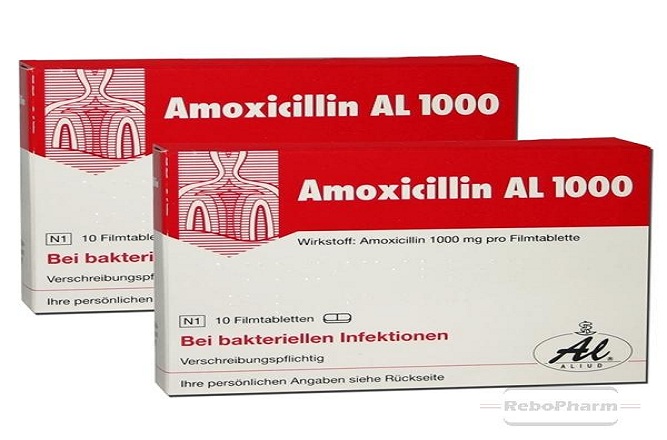
Antibiotics help combat bacterial infections.
Antibiotics are important when travelling, not just in Africa but anywhere in the world. Antibiotics are drugs used for treatment infections caused by bacteria, from a simple ear infection to more serious infections like pneumonia. Antibiotics break down the bacteria before it becomes a threat to your immune system. The most common antibiotics are penicillin, amoxicillin and benzylpenicilllin. If you’re travelling to South Africa, where swine flu (H1N1) outbreaks have occurred in the last few years, prescription antivirals such as Tamiflu and Relanza should be part of your travel kit.
Add these to your travel kit:
- Band aids
- Water purification tablets
- Rubber gloves
- Insect repellents (products that contain DEET, Picadirin, oil of lemon or eucalyptus help keep mosquitoes away)










